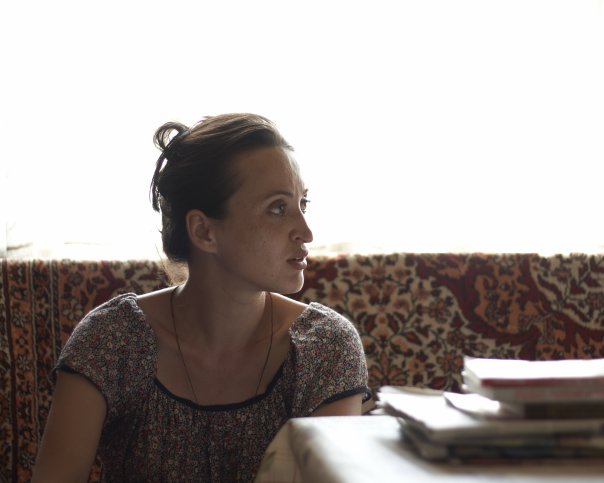EXPECTED INEQUALITIES AND UNINTENDED SYMMETRIES
11-12 May 2020, Warsaw, Poland
The videos of the conference are available on the Unintended YouTube chanel (click here).
Programme (updated 9 May 2020) — click here
List of papers (updated 8 May 2020, password protected ) — click here
The class ceiling: Why it pays to be privileged (guest speech)
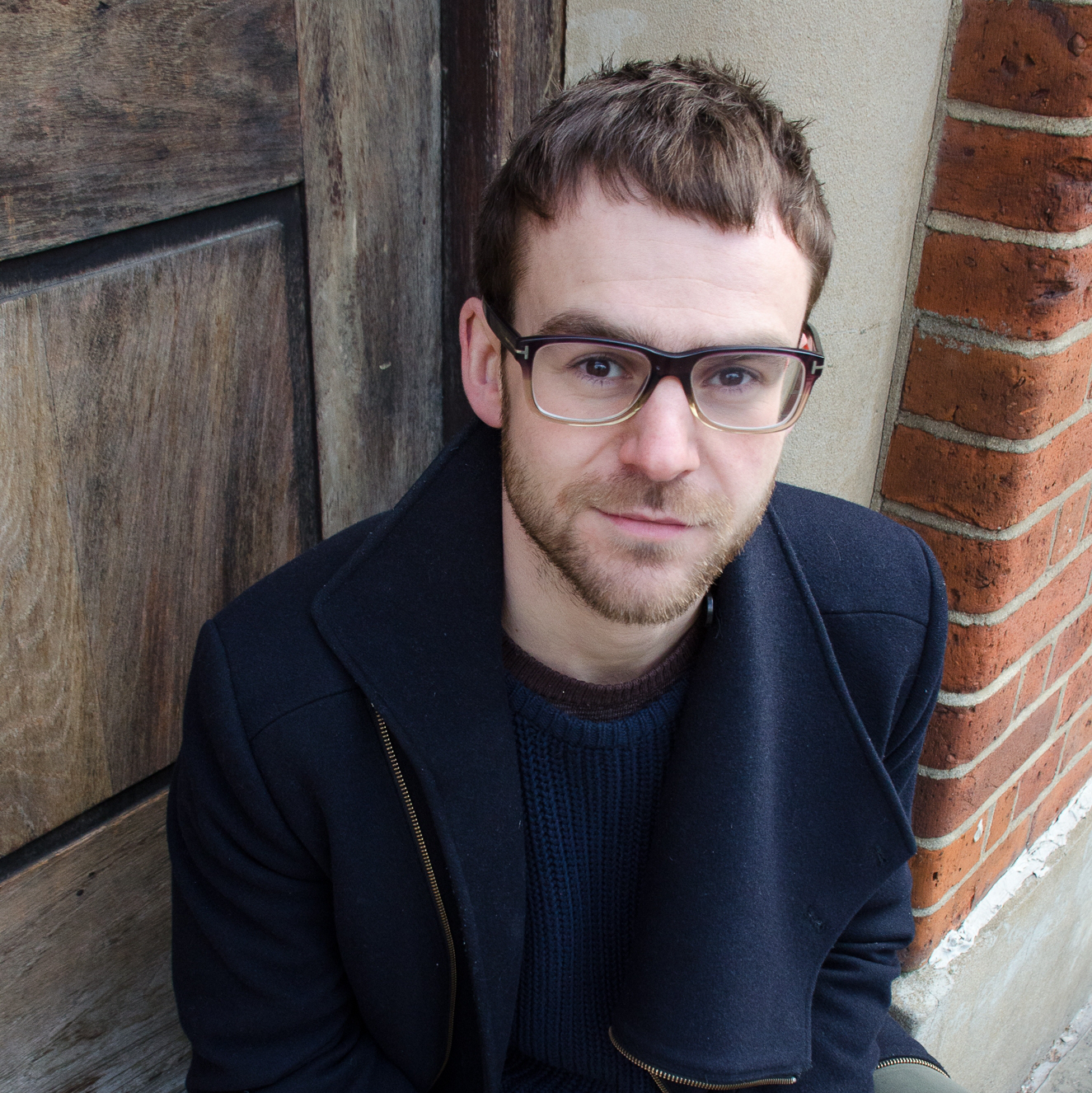
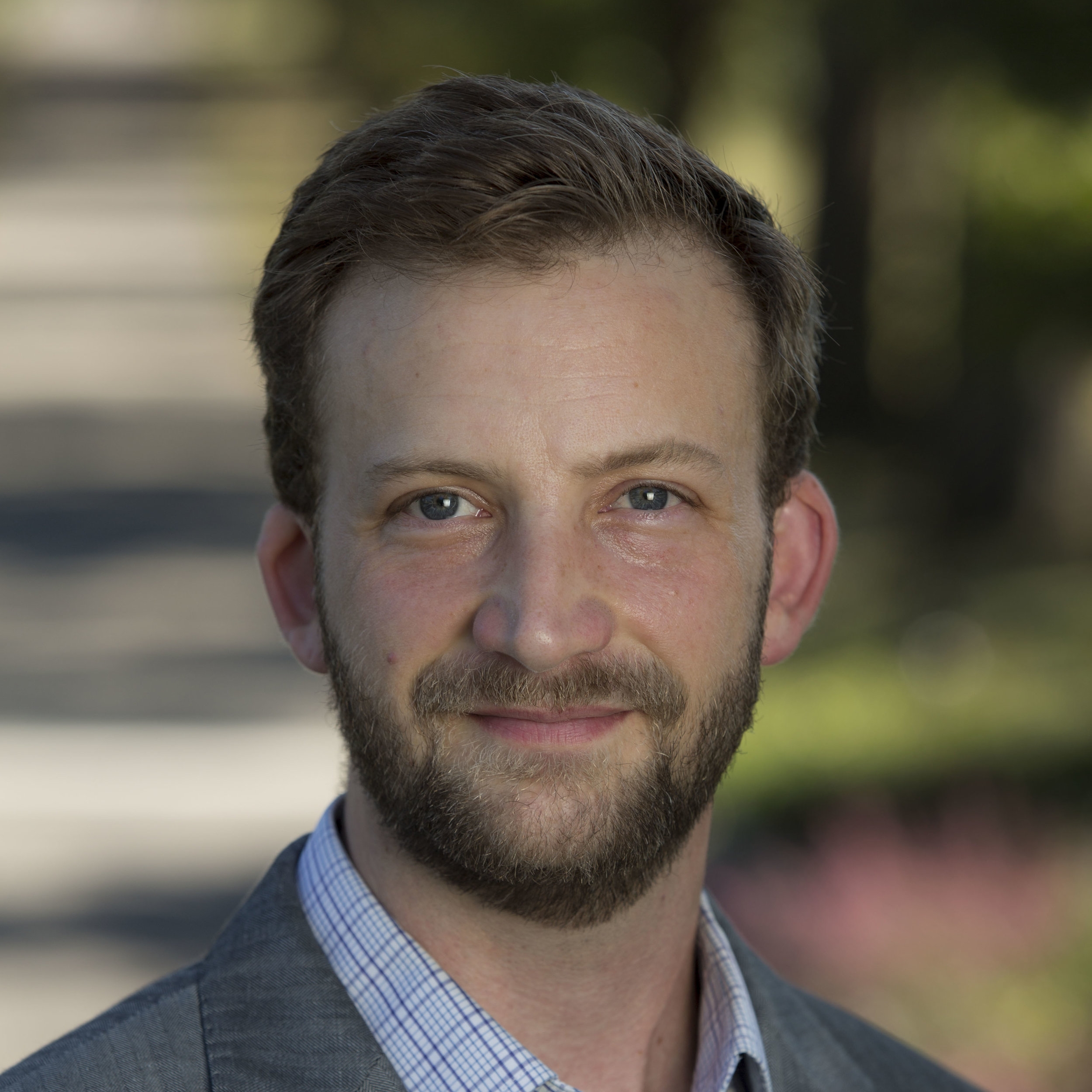
Refugee crises: Patterns of change and the future of inequality (panel-debate)
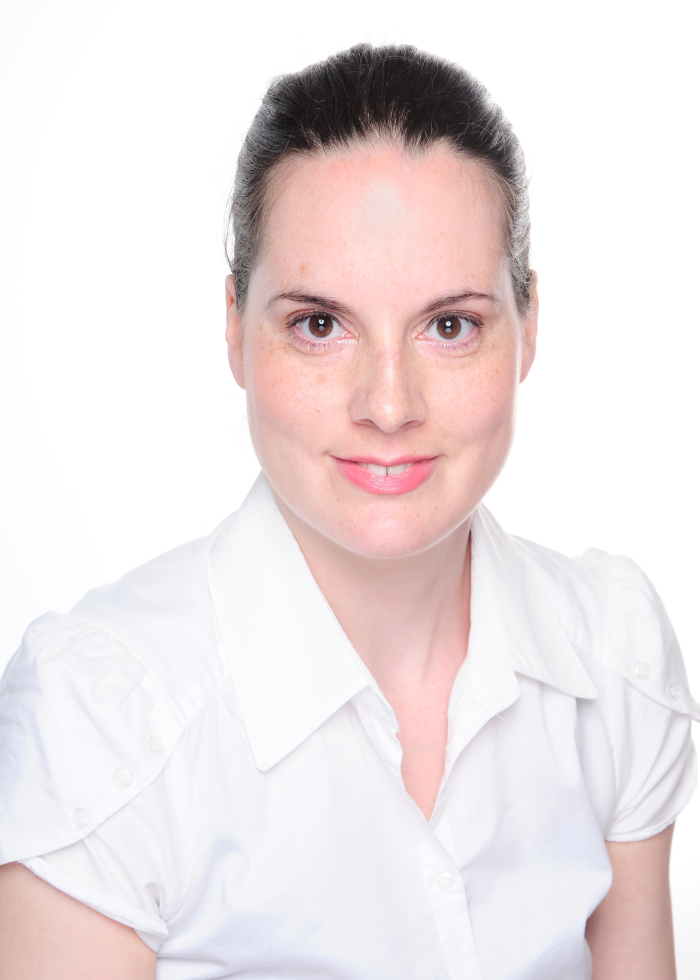
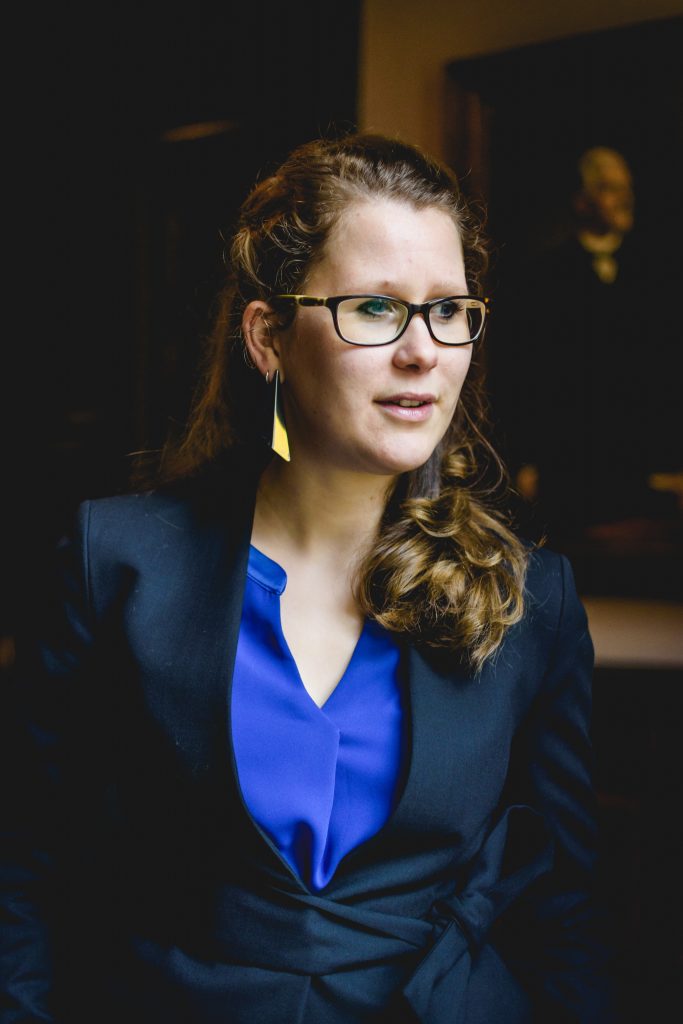

Natascha Zaun Nora Stel Mikołaj Pawlak
COVID-19 Asymnetries (debate)
The crisis caused by the COVID-19 outbreak was from an early stage defined as more than a global health crisis. Its implications in terms of experiencing vulnerability and social isolation, global economic disruptions, welfare negative impacts, threats to financial stability and deepening of existing inequalities have been projected as the inevitable and certain outcomes of the very measures necessary to contain the virus at local and global levels.
The COVID-19 pandemic is thus not a sole crisis but a matrix or cobweb of crises. This has manifestations that although may be linked in a more or less predictable way, are also mutually contingent. The connection between COVID-19 and the loneliness epidemic that is in the making, COVID-19 and the economic crisis that is projected to be forthcoming, COVID-19 and the pending climate crisis, COVID-19 and the continuing refugee crisis are well discussed instances in this regard. The COVID-19 pandemic is seen to have triggered an immense impact on unfolding crises and failures. More often than not, accentuating existing stubborn problems and challenging or postponing the solutions advanced in relations to these. Yet, also in some cases offering an answer – even if only temporary (such as in the case of the positive impact of the COVID-19 confinement on the reduction of air pollution).
The debate aims to address what are the consequences of framing the COVID-19 pandemic as a matrix of COVID-interrelated crises on the manner in which the pandemic is addressed. The debate invites a discussion regarding the different temporal settings (focus on future) as well as coping and response strategies (focus on preparation) that the framing of crisis as a complex conglomerate entails.
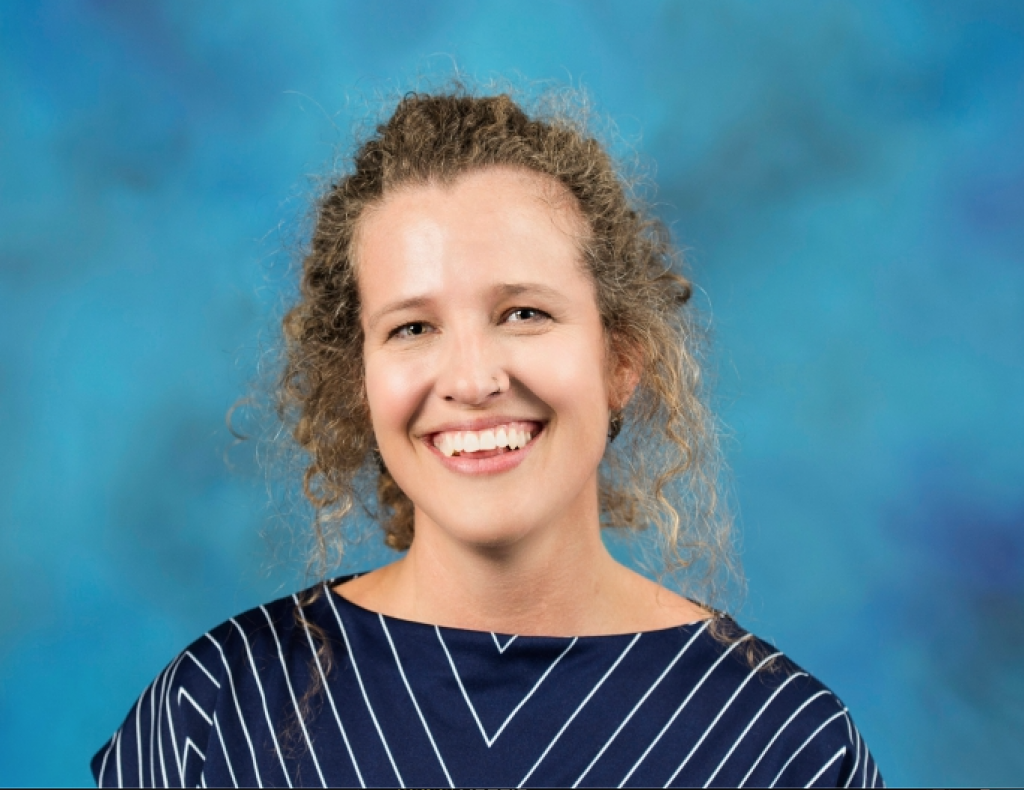
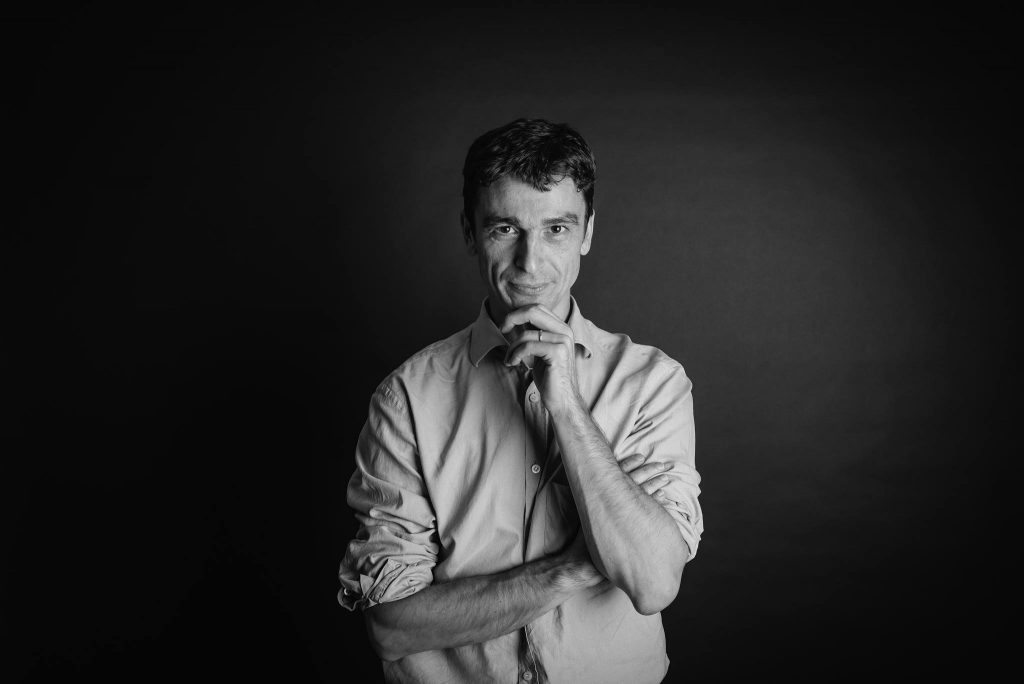

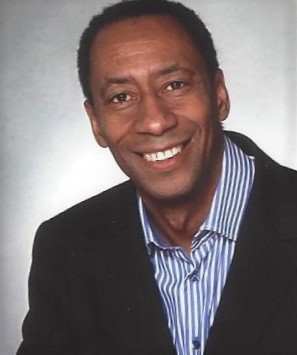
Michael J. Fargano Rui Marques Pinto
COVID-19: Impact on unfolding crises and failures (debate)
The COVID-19 pandemic has triggered a multidimensional and complex response wave in terms of preparation to fight the virus, as well as coping with the various consequences of it. The strategies of response and preparation have from the beginning been marked by the fact that they unfold in a context of asymmetries and inequalities. The crisis has triggered not only a pandemic and crisis rhetoric, but a vivid preoccupation with inequality as well.
As a crisis, in relation to social, health, economic, age, digital access, the COVID-19 outbreak is perceived and projected to expose existing inequalities on the one hand, and to deepen these in the future on the other hand. To raise awareness about the extreme global asymmetries on the one hand, and reinforce these on the other. How can we make sense of this situation in which public acknowledgement about existent inequalities is not expected to advance the institutional change that is warranted? Is this a paradox? A manifestation of contemporary contestation of effects of policy responses to crises? Lack of trust in political actors? Or barely bias towards failure linked with the manner in which contemporary crises unfold?
The debate aims to address the manner in which the narratives and projections regarding COVID-19 asymmetries and inequalities are constructed. It proposes to follow the manner of framing the pandemic-inequality relation as well as the impact this has on the responses advanced in relation to the crisis.
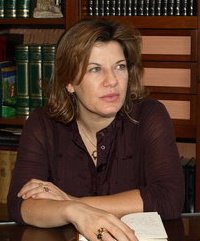


Rui Marques Pinto Enrico Sacco
Call for Papers
The relation between inequality and unintended goes back a long way in social sciences. Inequality as well as the effects of the reaction to inequality of policy making, are enmeshed in processes of structuration. These in turn both produce and reproduce inequalities and asymmetries, although attempts for countering it are being made. The unintended consequences of education policies, the inequality effects of usage of algorithms, the polarization effects of innovations in banking, the discrimination effects of policies aimed to support gender equality or offer assistance are all manifestations of the unintended-inequality nexus. Engaged social sciences, contemporary social movements and even the apparent conservative turn politics signal the need to rethink existent inequalities, and the perceptible “us-them” divisions. Moreover, the consequences of new AI techniques applied to data gathered from digital networks that permeate modern societies are looming. It is crucial to estimate their social impact, as it seems that humans are being rated using algorithms by their peers, states, companies, and other organizations.
The 8th edition of the workshops on unintended consequences aims to reveal the dynamics of this process and to explore its manifestations. We are particularly interested in processes that render certain forms of inequality as normal, while treating their other manifestations as crossing the border of what is considered to be acceptable. For instance, in certain contexts and social groups children are acceptably unequal, and the same pertains for women and elderly alike. In a similar vein, forms of exclusion of the disadvantaged or discriminated groups are institutionalized, while the same discriminatory treatment when applied to higher, or other, social classes is considered scandalous. Inequality is asymmetrically distributed in the society depending on the context and distribution of power.
We also aim to tackle the so called unintended symmetries. Arguably, their most common manifestation is the levelling of social distinctions in situations of hazard and risk or other contexts when certain elements of status do not matter. E.g., without a doubt the environmental risks have certain equality- and inclusion-effects. Moreover, the financial status and expert claims of social actors are rendered powerless in worlds that function according to a different logic of social distinction (such as sport gyms, emergency hospitals, illness, even death). While hidden mechanisms of production and reproduction of inequality are present herein as well, the symmetry tendency cannot be easily dismissed.
The Workshop welcomes contributions dealing with such topics as:
- Inequality: definition, types, reaction against; coping with
- Measurement of inequality
- Epistemology of inequality: categories, ignorance and knowledge
- Gender, age and race
- Production and reproduction of inequality and symmetry
- Technologies of inequality, algorithms and classification
- Experiences of inequality
- Media production and distribution of inequalities
- Hidden inequalities and its manifestation
- Unexpected & unintended social symmetries
- Religion, ideologies and politics of inequalities.
- “Us vs Them” dynamic and its role in building group identity
- Unequal access to education and medical services
